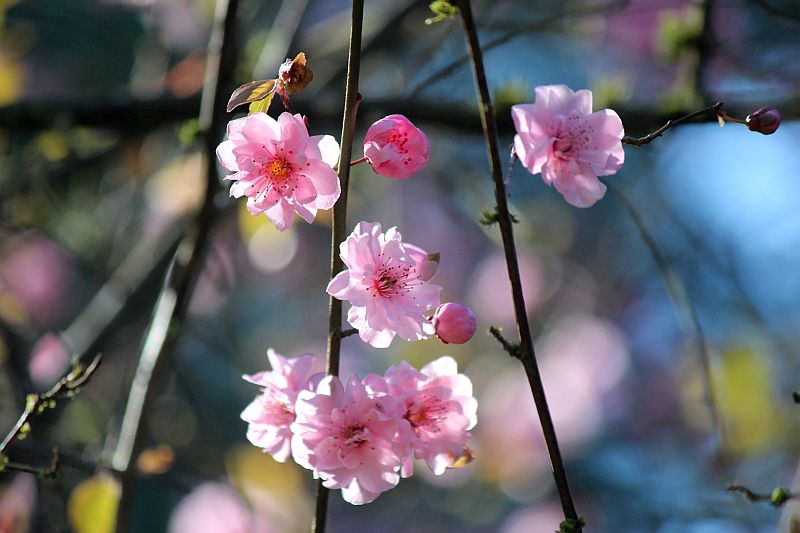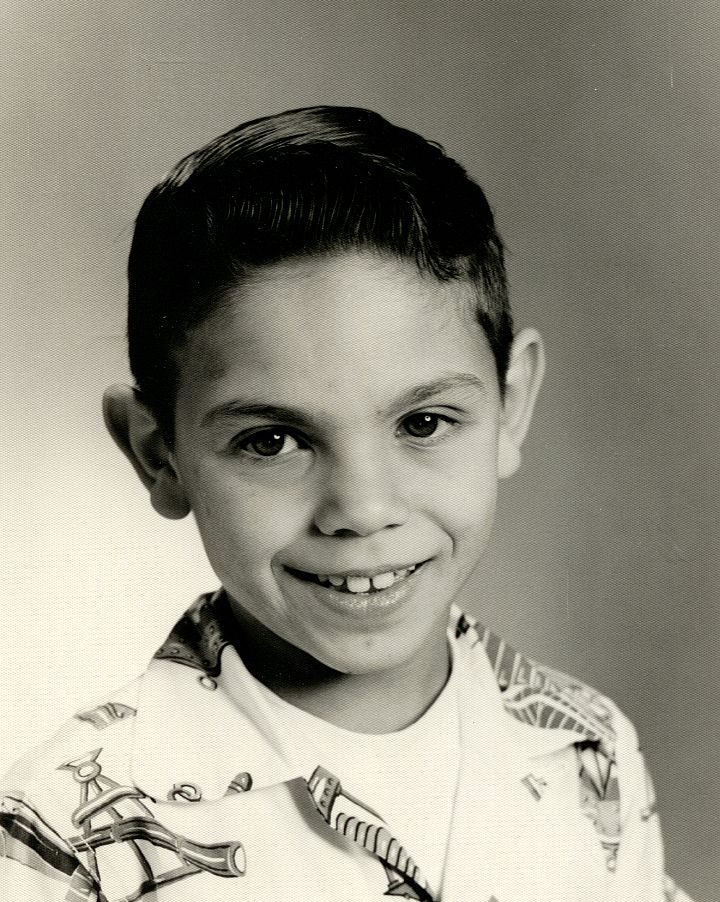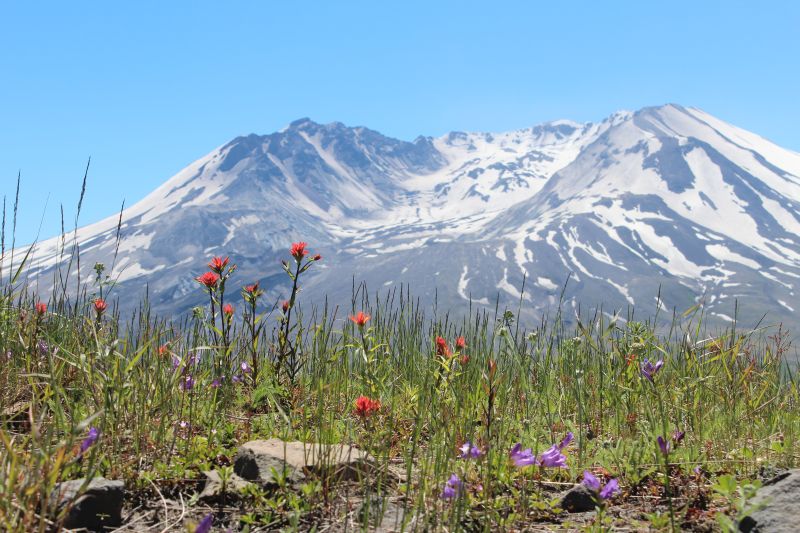![]()
Sure, anyone can be glum about a global pandemic, but what about the bright side? What about the opportunities it gives us, to catch up on our reading, or have extra time to do our taxes? A global pandemic is also a great opportunity to ponder one’s mortality—or, if that makes you uncomfortable, ponder your neighbors’ mortality. The wonderful thing about reflecting on your death is that it invariably makes you reflect on your life as well: How you lived it, and how you want to live the rest of it.
You can begin by studying the examples of those who faced their mortality before us and learn from them. The Stoic philosophers taught that you should think of each day as your last. This probably explains why they weren’t more popular on Rome’s cocktail party and orgy circuit.
Conversely, there is the school of thought that espouses we should live as if we were never going to die. Yet, both these attitudes—Live as if this was your last day, and Live as if you’re going to live forever—bring us to the same place: Live each day to the fullest, without dread, without demands.
For many people the main problem with death is its uncertainty: We don’t know what’s going to happen next—or even if there is a Next. Millions of monotheistic people (Christians, Jews, Muslims, Wall Street bankers) believe they will go to Heaven when they die, or anyway, hope they will. (Interesting, those who believe in Hell usually see it as a place God intended for others.) But even believing in a heaven isn’t always as reassuring as you might think. The theosophist Frederick Myers once pressed a famous churchman on what he thought would happen when he died, until, exasperated, the man exclaimed, “Well, I suppose it will be all eternal bliss and joy but I don’t see why we have to dwell on such morbid subjects.”
Reincarnation has a certain appeal, especially now as more and more of us practice recycling, and there are even some who maintain that death is an illusion, a kind of metaphysical misunderstanding and really not necessary. For example, in 1875, the prophet and spiritualist Thomas Lake Harris famously announced that he had discovered the secret to eternal life and was immortal. (He died in 1906.)
If nothing else, it should be reassuring that those who have had Near Death Experiences (NDEs) frequently report that their “death” was accompanied by an enormous sense of relief and peacefulness. In fact, a number of them, including Carl Jung, the renowned Swiss psychoanalyst, experienced feelings of deep sadness and disappointment when they were “called back” to their life on earth, and this was even before Trump was president.
While respecting people’s many and differing beliefs on the matter, we are ultimately left with our own mortality staring into its own uncertainty, standing before a great mystery that we sense we are a part of, without knowing the particulars. When you honestly think about it, your death is theoretical until it actually happens—and then worrying probably becomes irrelevant.
First posted: May 7, 2020











